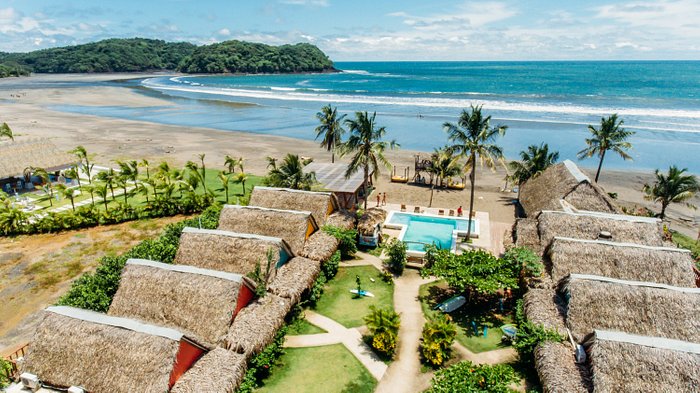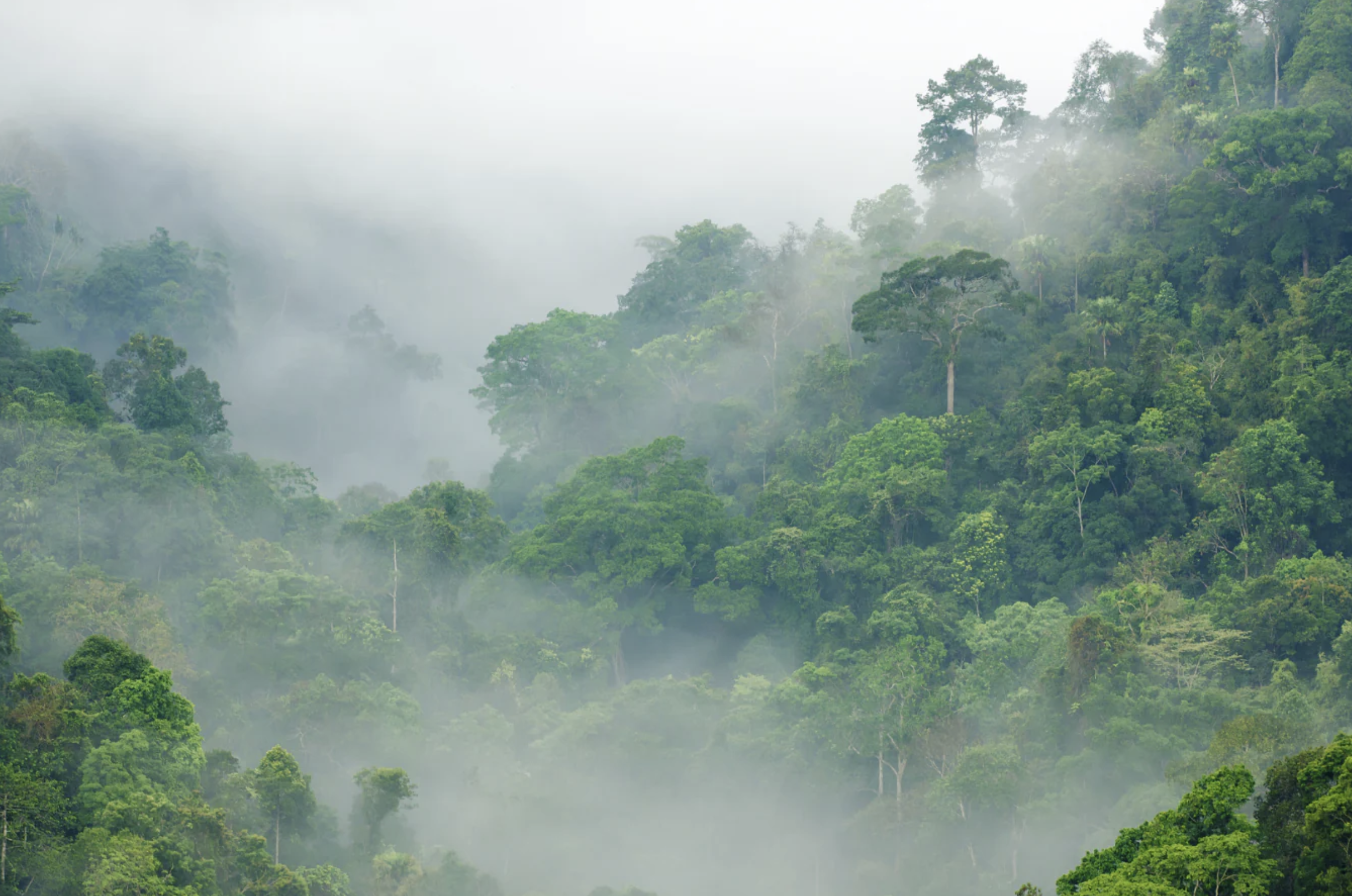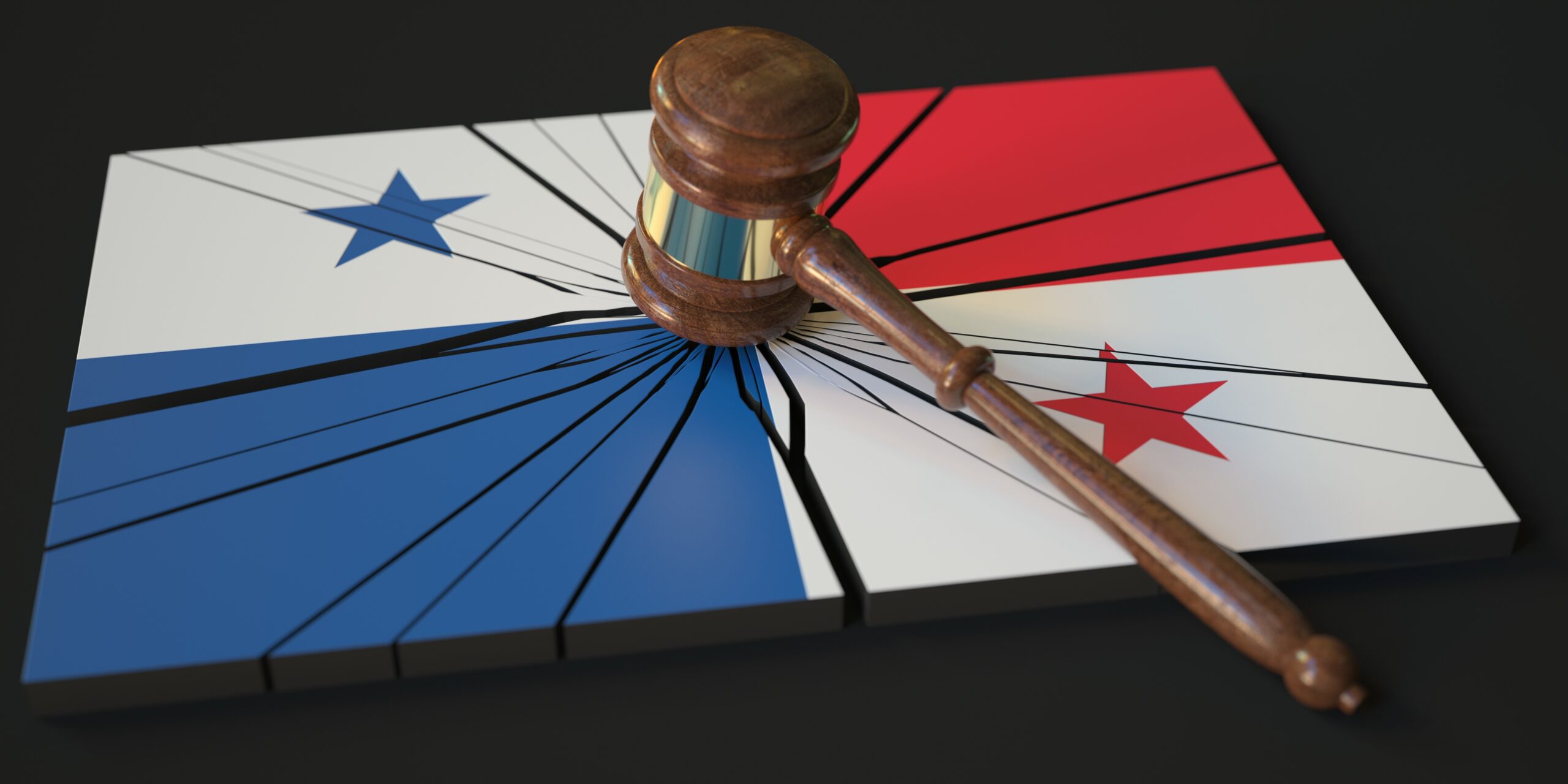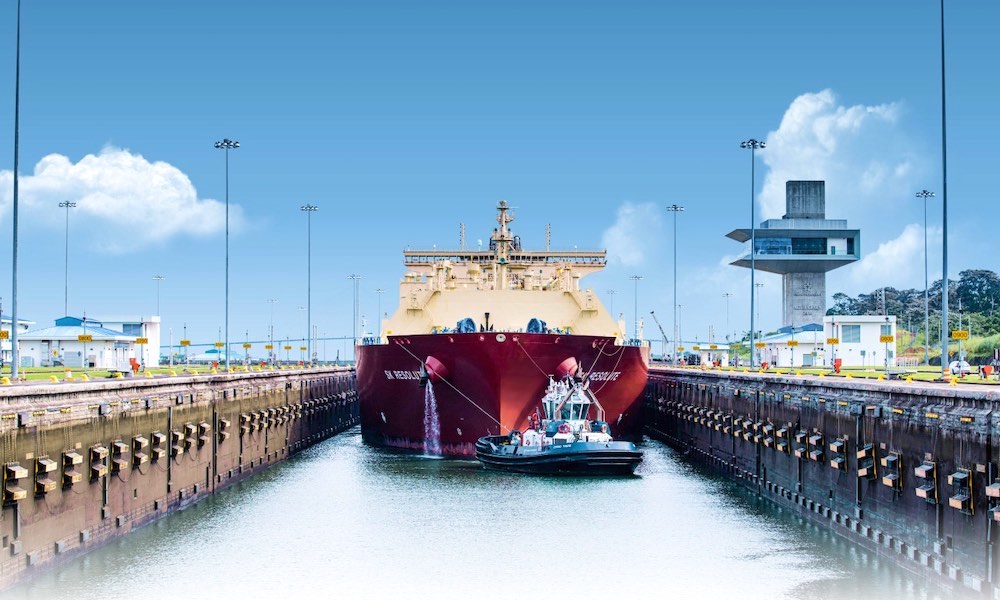Collective Hospitality Bought the Majority of Selina’s Assets
Selina Boquete with upcycled cylinder room rentals, a creek running through the complex, complete with restaurant and bar.
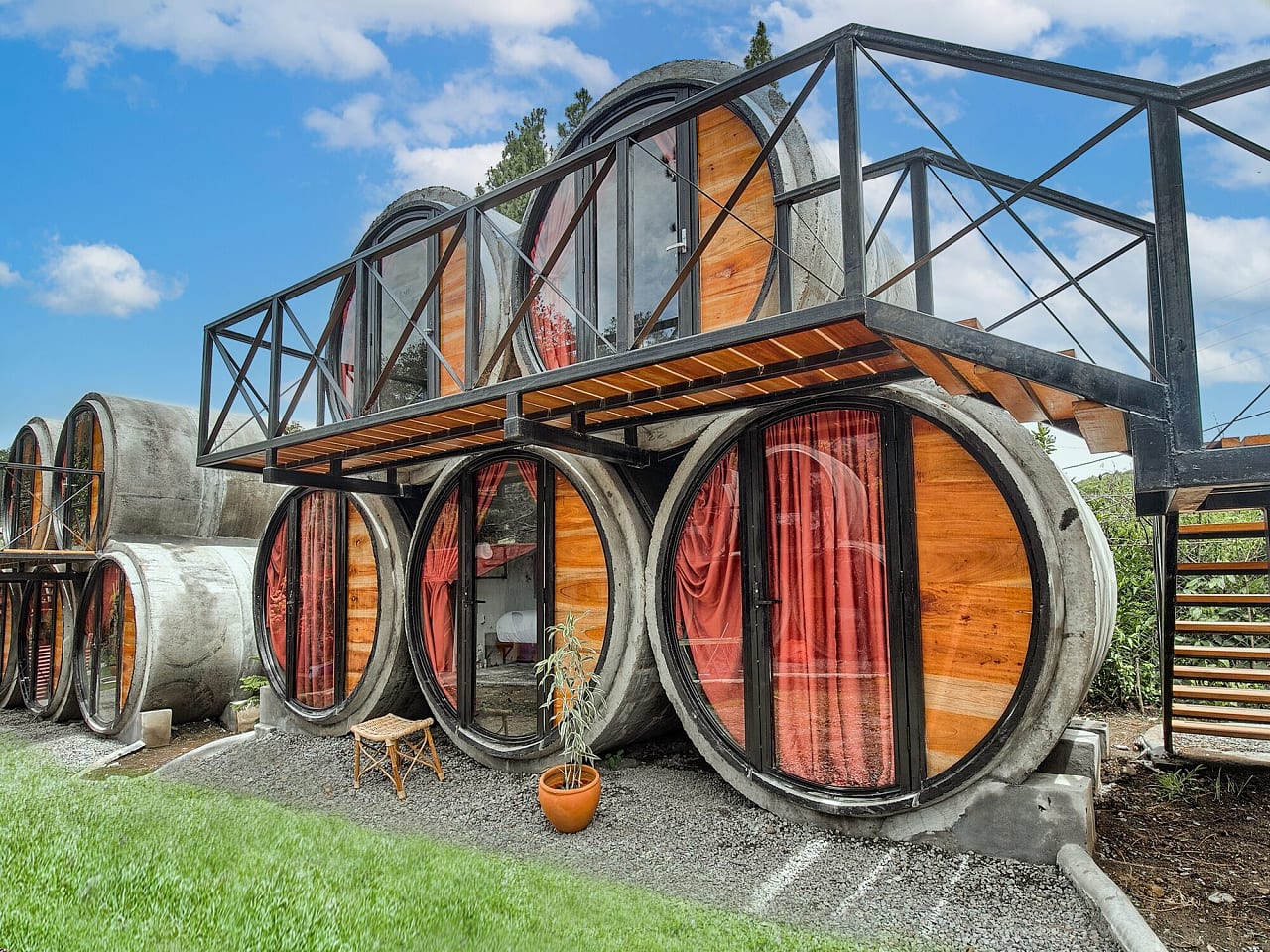
Selina was founded in Panama in 2015 by Daniel Rudasevski and Rafael Museri, who said they arrived in Panama several years ago, but it was in Pedasí where they found the opportunity to invest in the real estate sector. Pictures below of Selina in Bocas del Toro, Playa Venao, and a host of other Panama locations. The acquisition of Selina represents a strategic move that significantly enhances Collective’s global presence, adding approximately 100 properties in major cities across North America, Latin America, Europe and Asia to its portfolio, the company said in a statement. “We are delighted to welcome Selina to the Collective Hospitality family,” said Gary Murray, CEO of Collective Hospitality PTE Ltd. Selina properties will be combined with Collective’s other lifestyle social lodging resorts including Slumber Party, Bodega Hostels and Socialtel Resorts.
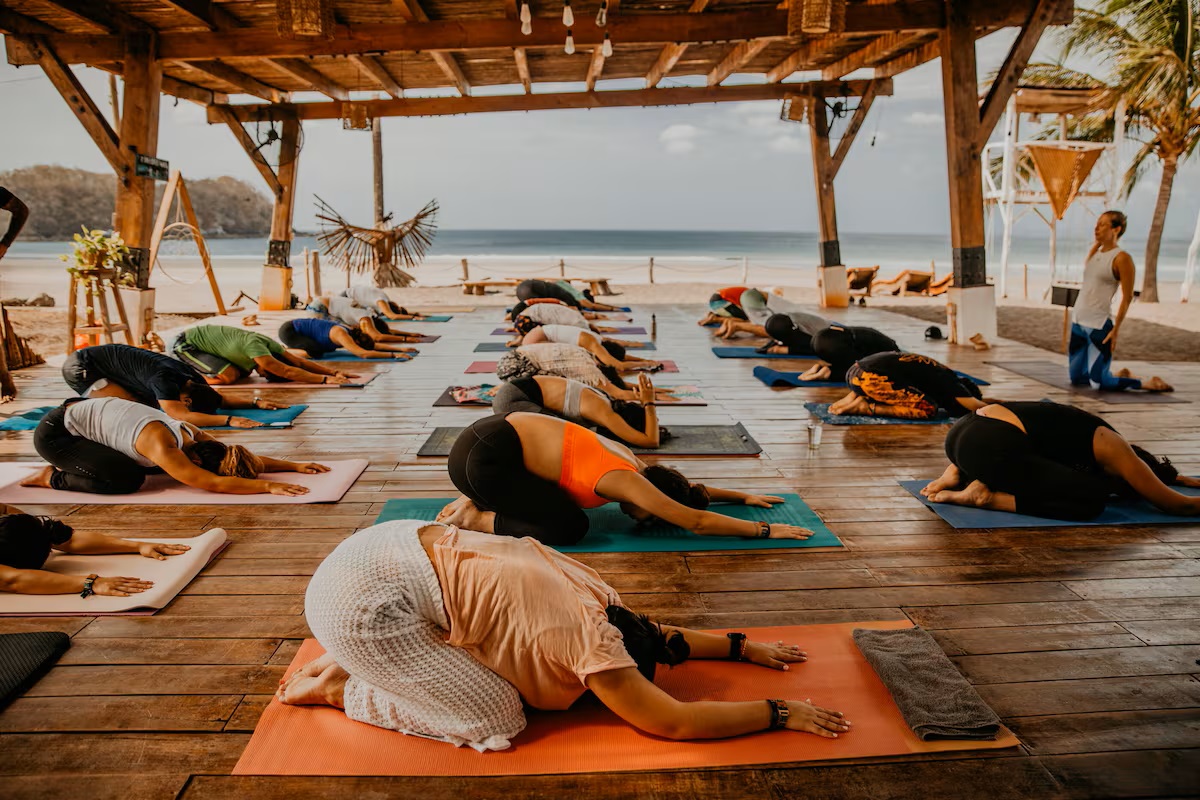
The Collective Hospitality group, with a presence in Southeast Asia, acquired the majority of the assets of the Selina chain, which had fallen into insolvency, after a vertiginous growth, driven by those two young Israeli travelers from the first accommodation center in Panama. International media, specialized in the hotel and tourism world, have reported that on August 22, Collective Hospitality acquired the majority of Selina’s subsidiaries, including around 100 hotels in 22 countries, focused on attracting Generation Z and the millennial public. On July 22, 2024, the Board of Directors of Selina PLC appointed Andrew Johnson, Samuel Ballinger and Ali Khaki of FTI Consulting LLP as joint administrators of the Company.
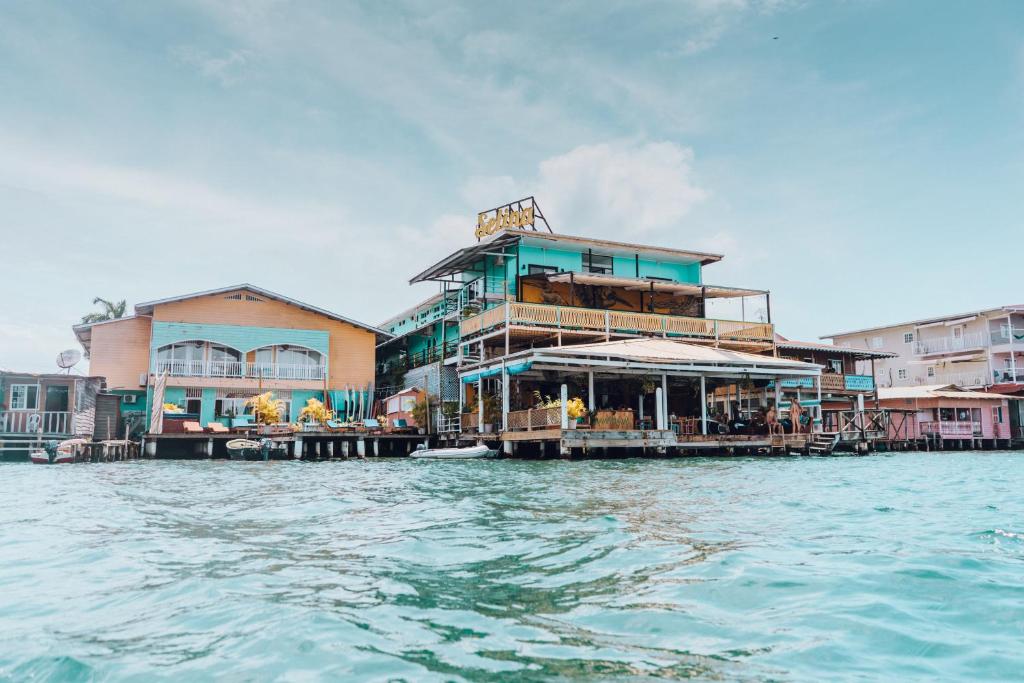
These administrators took control of the company’s operations and shortly afterwards launched an accelerated sale of Selina PLC’s operating subsidiaries and other key assets. Details of the transaction have not been disclosed. The hotel chain, which once had some 30,000 beds, has seen its value plummet since it debuted on the stock market in December 2021, with a valuation of $1.2 billion. Despite closing unprofitable accommodations, carrying out massive layoffs and renegotiating its debt with creditors, these efforts were not enough to avoid bankruptcy. The transaction includes 100 hotels in 22 countries, following an insolvency process.
